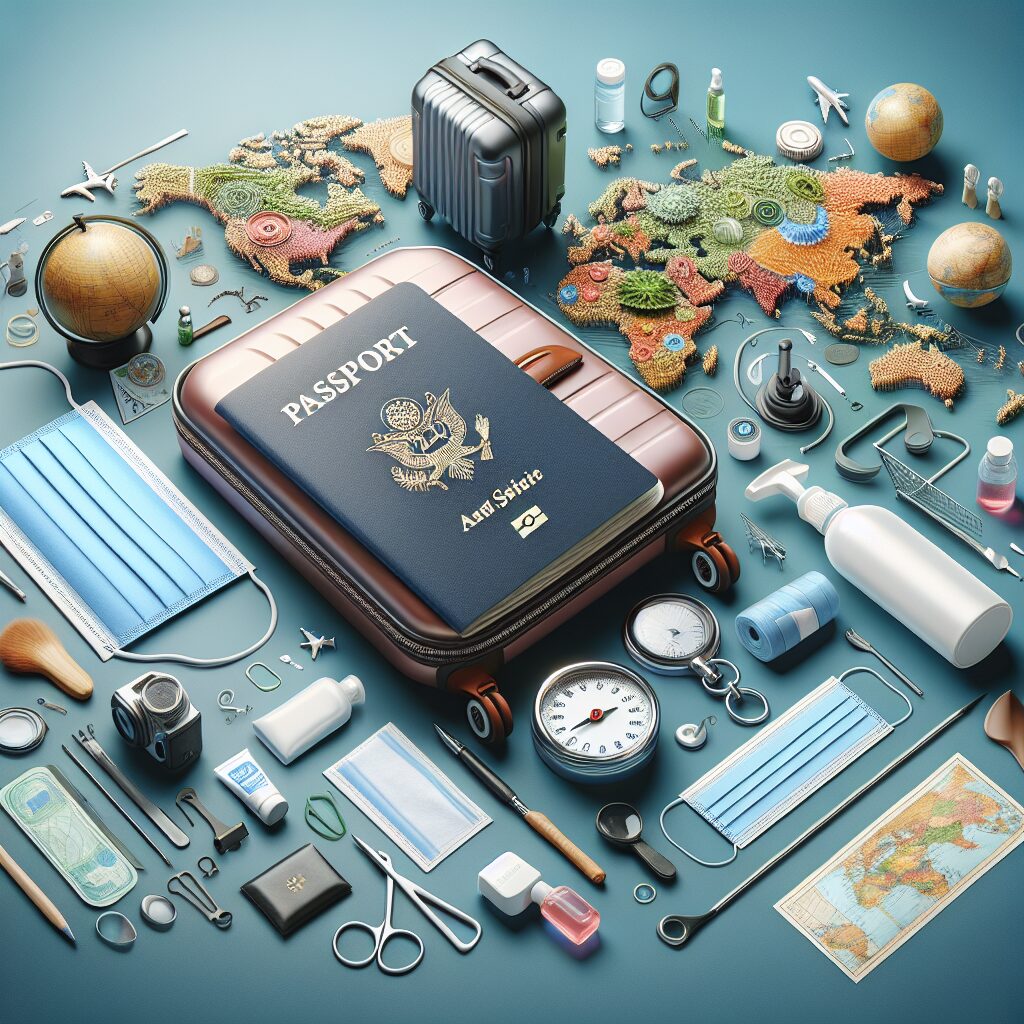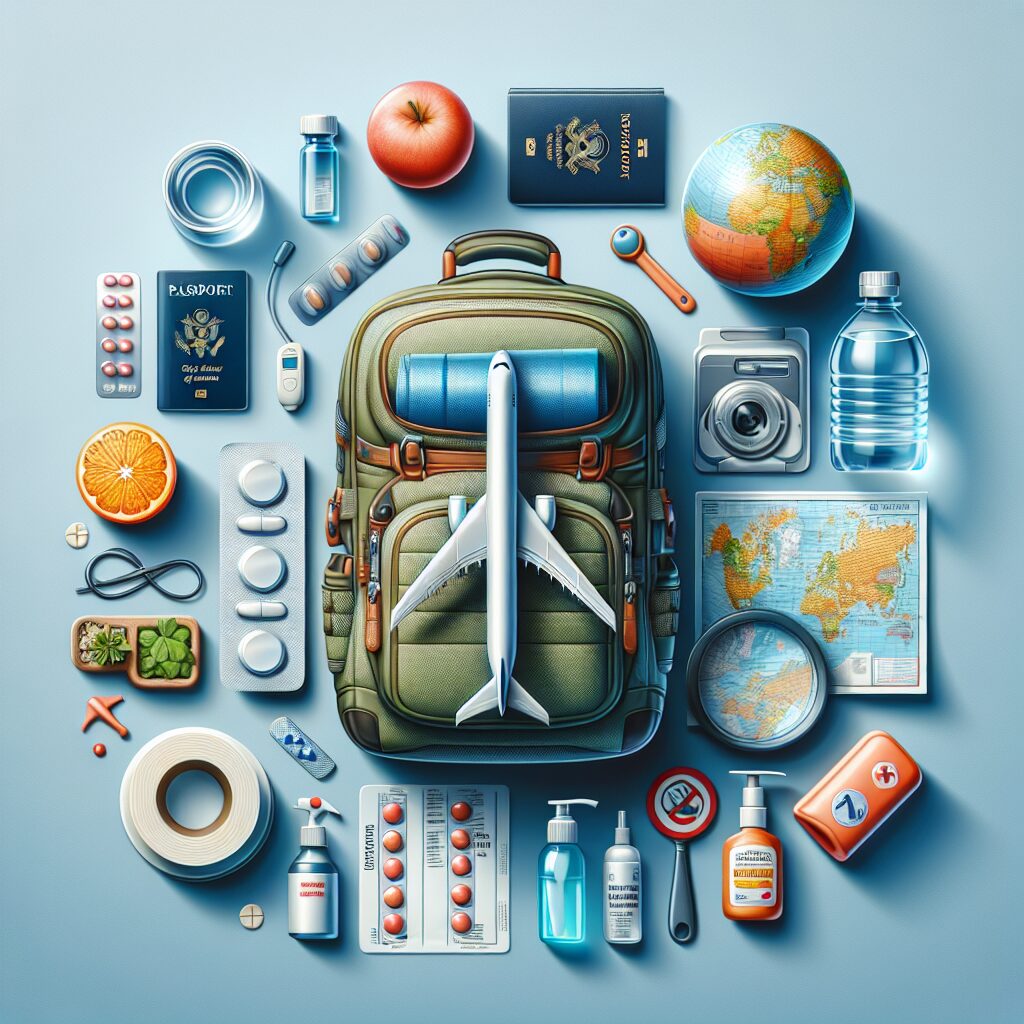Elegant Evenings: Cruise Formal Night Tips
Did you know that on a cruise ship, formal nights are among the most eagerly anticipated events? These special evenings provide passengers with the opportunity to dress up in their finest attire and indulge in elegant dining experiences. The experience of a formal night on a cruise ship is truly unique, as it combines the glamour of a high-end event with the relaxed atmosphere of a vacation.
One of the key impacts of cruise formal nights is the transformation they bring to the ship’s ambiance. As the sun sets and the passengers decked out in their elegant ensembles make their way to the ship’s main dining room, a sense of enchantment fills the air. The gentle clinking of glasses, the soft lighting, and the carefully curated decor all contribute to the magical atmosphere. These formal nights add an extra touch of glamour and sophistication to the cruise experience, allowing passengers to feel like they have stepped into a different world.
In the next part of this article, we will explore some expert tips and key takeaways to help you make the most of your cruise formal nights. Whether you are a first-time cruiser or a seasoned sailor, these tips will ensure that you are well-prepared and ready to indulge in the elegance and grandeur of these special evenings. From choosing the perfect outfit to navigating the dining options, we will provide you with all the information you need to ensure that your cruise formal night is an unforgettable experience. Stay tuned for our valuable insights and recommendations.
Key Takeaways
1. Find out the dress code for formal nights on your specific cruise line and adhere to it. While some cruise lines have a strict dress code requiring tuxedos and evening gowns, others have a more relaxed policy allowing dark suits and cocktail dresses. It is important to research and pack accordingly to avoid any last-minute outfit stress.
2. Plan and book any necessary salon and spa appointments well in advance. With formal nights being a popular time for guests to get glammed up, salons and spas onboard can book up quickly. It is recommended to make reservations ahead of time to secure your preferred time and treatment.
3. Pack appropriate accessories to complement your formal attire. Accessories such as jewelry, ties, belts, and handbags can enhance your formal look and complete your outfit. It is advisable to bring a variety of options to match different outfits and styles.
4. Take advantage of onboard photography services. Formal nights provide a perfect opportunity for professional photos. Many cruise lines offer photography services during these events, so make sure to take advantage of the beautiful backdrops and capture lasting memories of your elegant evenings.
5. Enjoy the ambiance and festivities of formal nights. Along with the fancy attire, formal nights often come with special dining experiences, live performances, and themed events. Embrace the elegant atmosphere and make the most of these memorable evenings onboard your cruise.
Elegant Evenings: How to Have a Perfect Cruise Formal Night?
Picking the Right Attire
Choosing the appropriate clothing for a cruise formal night is essential in order to feel confident and blend in with the elegant ambiance. Consider the dress code and guidelines provided by the cruise line. Generally, formal nights call for cocktail dresses or evening gowns for women and suits or tuxedos for men. Opt for formal attire that suits your personal style and makes you feel comfortable.
Accessorizing to Perfection
Accessories play a crucial role in enhancing your formal night look. Be mindful of the occasion and choose jewelry, shoes, and handbags that complement your outfit. A statement necklace, elegant earrings, or a sparkly clutch can add a glamorous touch. Don’t forget to bring a stylish wrap or shawl to stay warm if needed.
Hairstyling and Makeup Tips
Complete your elegant look with the right hairstyling and makeup. Consider an updo or a sophisticated hairstyle that matches the formality of the evening. Classic makeup choices such as a bold red lip or smoky eyes can add a touch of glamour. Ensure your makeup is long-lasting and suitable for photography, as formal nights often involve professional photographers.
Preparation and Planning
For a cruise formal night, it’s important to plan and prepare in advance. Set aside time for any necessary appointments, such as getting your hair done or polishing your nails. Make a checklist of all the items you’ll need, including accessories, shoes, and undergarments. Avoid last-minute stress by packing all your formal attire well in advance.
Etiquette and Behavior
Proper etiquette and behavior are paramount during a cruise formal night. Remember to be respectful and considerate towards both the crew and fellow passengers. Practice good dining manners, such as using the correct silverware and not speaking with your mouth full. Maintain an elegant and composed demeanor throughout the evening.
Enjoying the Evening
Ultimately, the purpose of a cruise formal night is to have a memorable and enjoyable experience. Make the most of the evening by attending onboard events, such as formal dinners, live music performances, or dancing. Take advantage of the opportunity to socialize, meet new people, and create lasting memories. Relax, unwind, and savor the elegance of the night.
Guides for a Perfect Cruise Formal Night:
- What is the recommended dress code for cruise formal nights?
- How can I accessorize my formal night outfit?
- What are some hairstyling and makeup tips for the evening?
- How can I best prepare for a cruise formal night?
- What etiquette should I follow during a formal night?
- What activities can I enjoy during a cruise formal night?
Frequently Asked Questions
1. What is a cruise formal night?
A cruise formal night refers to an evening event onboard a cruise ship where guests are required to dress in formal attire. It is often a special occasion during the cruise and is a chance for passengers to dress up and enjoy a sophisticated evening.
2. What should I wear for a cruise formal night?
For a cruise formal night, it is recommended to wear elegant and formal clothing such as a tuxedo or suit for men, and a cocktail dress or gown for women. It’s always a good idea to check the specific dress code guidelines provided by the cruise line to ensure you are appropriately dressed.
3. Can I rent formal attire onboard the cruise ship?
Yes, many cruise lines offer rental services for formal attire to save you the hassle of packing your own. You can usually find options for suits, tuxedos, and gowns. It’s advisable to book these services in advance to guarantee availability.
4. Are children required to dress formally on cruise formal nights?
The dress code for children on cruise formal nights varies by cruise line. Some require children to dress formally, while others have more relaxed guidelines. It’s best to check with the cruise line or refer to the provided dress code information to ensure you are aware of the requirements for children.
5. Can I wear a cocktail dress instead of a gown?
Yes, wearing a cocktail dress is generally acceptable for cruise formal nights. While gowns are often popular choices, a well-fitted and elegant cocktail dress can also be a suitable option for women.
6. Are there any restrictions on footwear for cruise formal nights?
Most cruise lines recommend wearing formal shoes such as dress shoes or heels for cruise formal nights. It’s best to avoid wearing flip-flops, sneakers, or casual sandals. However, it’s always a good idea to review the specific dress code requirements provided by the cruise line.
7. Can I wear traditional attire from my culture for cruise formal nights?
Yes, many cruise lines encourage guests to embrace their cultural heritage. You can wear traditional attire from your culture as long as it is appropriate and adheres to the general dress code guidelines for cruise formal nights.
8. Do I need to book any special services for cruise formal nights?
Booking special services such as hairstyling, makeup, or spa treatments is not mandatory for cruise formal nights. However, if you want to enhance your overall formal look and feel pampered, these services can be a great addition. It’s advisable to make reservations in advance to ensure availability.
9. What are some additional tips for cruise formal nights?
Some additional tips for cruise formal nights include: bringing a small clutch or bag to complement your outfit, wearing elegant accessories such as jewelry or a tie/bowtie, ensuring your attire is wrinkle-free, and practicing good etiquette and behavior during the event.
10. Can I opt-out of attending the cruise formal night?
While cruise formal nights are usually a highlight of the trip, attendance is typically not mandatory. It’s up to each passenger to decide whether they want to participate or not. However, it’s worth noting that by skipping the event, you might miss out on the enhanced ambiance and unique experience it offers.
Final Thoughts
Participating in a cruise formal night can be an exciting and memorable experience during your cruise. It’s the perfect opportunity to dress up, indulge in a luxurious atmosphere, and create lasting memories. Whether you choose to opt for a traditional formal look or add a touch of your own cultural heritage, remember to follow the dress code guidelines and enjoy this elegant evening to the fullest.
By planning ahead, considering rental options, and paying attention to the details of your attire, you can ensure that cruise formal night becomes a highlight of your trip. Embrace the elegance, embrace the ambiance, and make the most of this unique and sophisticated event onboard your cruise ship.











